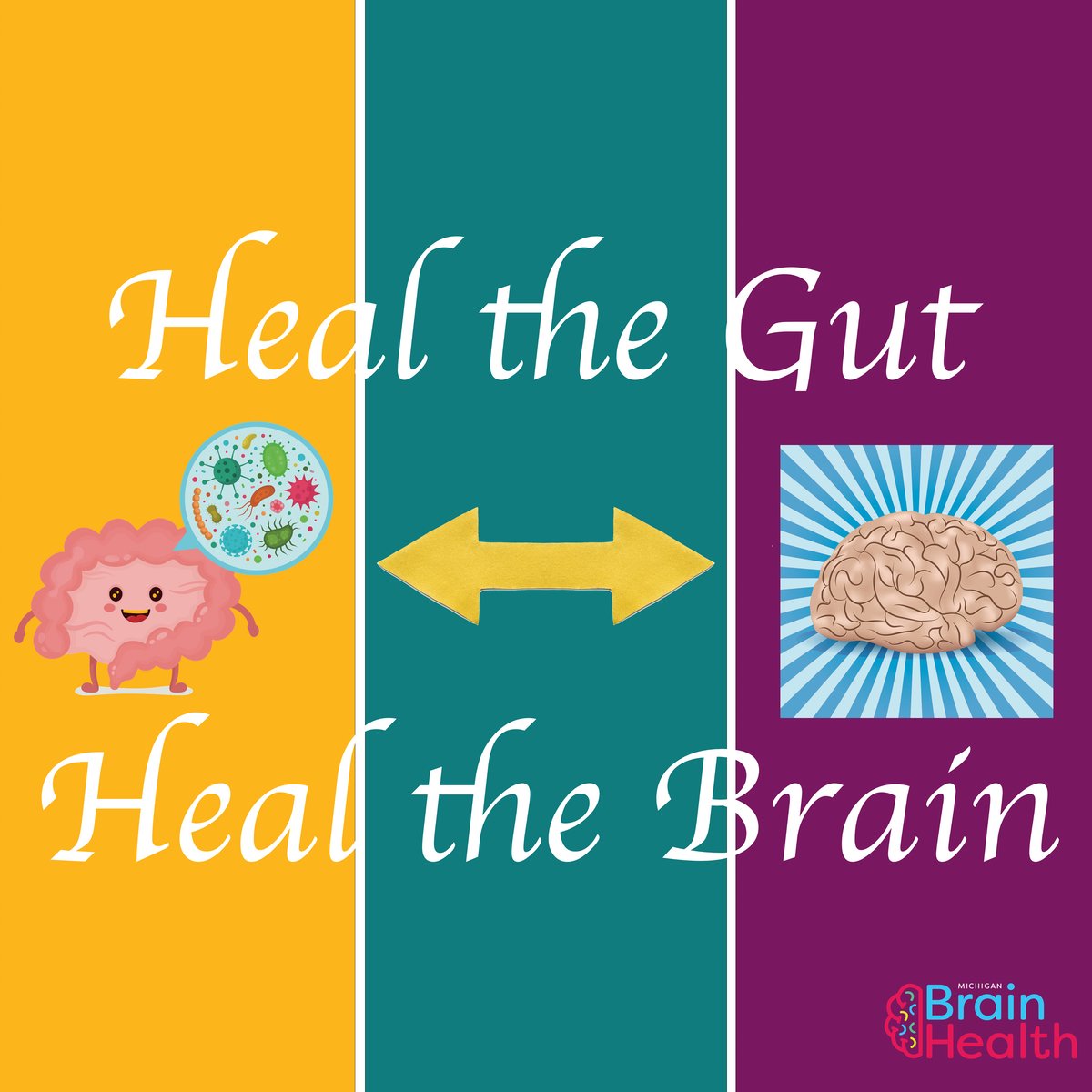 No matter how stressful your day has been, and in spite of whatever personal issues you may be going through, it is still important to take the time to pay attention to and take care of yourself, both mentally and physically. Far from a demonstration of weakness, making time for self-care — which is especially important for people in high-stress jobs or the military — is one of the best decisions you can make. Self-care can allow you to feel better about yourself while being able to get more work done and generally make the most of your time.
No matter how stressful your day has been, and in spite of whatever personal issues you may be going through, it is still important to take the time to pay attention to and take care of yourself, both mentally and physically. Far from a demonstration of weakness, making time for self-care — which is especially important for people in high-stress jobs or the military — is one of the best decisions you can make. Self-care can allow you to feel better about yourself while being able to get more work done and generally make the most of your time.
Below are some helpful self-care strategies to help you get started.
Establish a Positive Self-Care Cycle
The problem with stress and self-care is that, if you are dealing with large amounts of stress from work, family, or any other reason, you may end up locked in a vicious cycle where you feel like you are constantly running out of time to take care of your tasks, so you hurry and become even more stressed when you don’t complete them in your shortened time limit. That can make it difficult to convince yourself to find time for self-care.
However, you should take the opportunity to remember that stress actually decreases the amount of work you are able to complete in a given time, as well as the quality of the work you produce. This is why taking a break is good for your projects. By taking some time to clear your mind and refresh yourself, you will become more efficient and effective at your tasks. This, in turn, creates another cycle — a positive one in which you take care of your stress, are able to complete your work, and become even less stressed afterward.
Improve Your Diet
Not surprisingly, nutrition is an important part of self-care. If you aren’t physically healthy, it’s difficult to be mentally healthy. One of the ways you can help ensure you are eating food that is good for you is by including foods that foster a healthy environment for your gut flora. Everybody has a unique ecosystem of friendly bacteria living in their gut that helps provide a balanced environment for you to digest food. If you feel like your levels are unbalanced, you can even eat foods to help particular kinds of bacteria. For instance, Akkermansia helps regulate your metabolism, keeping you at a healthy weight. Different strains of Bifidobacteriumhelp protect your intestinal lining against infection, fostering a good immune system and even positive emotional well-being. L. helveticus and B. longum work in tandem to reduce your body’s levels of cortisol, a stress hormone, while supporting good moods.
You can also improve your diet by finding new ways to cook healthy meals. For instance, cooking with a pressure cooker takes some of the work out of preparing meals, and there are many delicious and healthy dishes that you can put together. The Inspired Home lists some great vegetarian options, including coconut quinoa curry and butternut squash soup.
Make Time for Self-Care
Often, if you reduce the amount of your workload, even by a small portion, you can feel significant impacts on your mental health. Of course, that’s not always possible for people who service in the military or work for the fire department/police force. The best way to do this is by saying “no” to a project or two (or a dinner party invitation, or a birthday party — whatever there is, work-related or in your social life, that causes you to stress out about your commitments). Now, this doesn’t mean that you need to sacrifice your career for your mental health. The core principle of saying “no” is that it provides enough time for you to add self-care into your daily routine. You can still stay on track with the majority of your projects. Saying “no” is particularly important if you frequently overload yourself with things to do, and then, at the end of the day, spend your night lying in bed fretting about the next day instead of getting a good night’s sleep.
Transform Your Stress Through Biofeedback
Biofeedback is a method of using technology to amplify body information so that it may be reintegrated back into your body, with the aim of improving mental health and wellness. In particular, you can use biofeedback as a stress reduction technique. Stress causes physiological changes in your body that have a real, adverse effect on your health. You can be healthier simply by learning to control your breathing through biofeedback to reduce unnecessary stress responses in your body.
One biofeedback method that is highly effective at helping with self-care to increase relaxation is heart rate variability biofeedback. Another is EEG biofeedback, more commonly known as neurofeedback.
Neurofeedback is when information about an individual’s brain activity is reported to that individual in near real time, with the goal of having the person learn to alter or control their own brain activity, which helps the brain learn to function more efficiently. Neurofeedback addresses brain dysregulation, which can cause many conditions like anxiety, depression, ADHD, sleep disorders, migraines, and more.
Think of your brain as a musical quartet: When all musicians are in sync, the sound is harmonious. But if one musician is out of tune, the overall sound is affected. Brainwaves operate in much the same way, working together to keep your mind and body in sync and running smoothly. But if any of your brainwaves are off, it can impact your entire system negatively. Our neurofeedback system uses the latest generation of signal processing combined with most recent clinical applications of cutting edge neuroscience research.
The Neurofeedback Process
During a session, patients are connected to a computer using sensors. These sensors are noninvasive, no electrical current is put into the brain. The sensors only monitor brainwaves.
For the next 30 minutes, you either watch a movie, listen to music or listen to an audiobook. When the computer detects irregular brainwaves, it will fade the video and sound. This will cause the patient to refocus their attention back on the movie or music until it returns to normal. This can happen hundreds of times during a single session. Eventually, after multiple sessions, the brain starts to learn to stay in the healthy ranges on its own. as that happens the patient will see a reduction in their symptoms.
Neurofeedback does not directly target conditions and symptoms: it corrects irregular brainwaves and modifies timing patterns in the brain. The best part, results are often permanent.
![Learn More About Neurofeedback [Video]](https://no-cache.hubspot.com/cta/default/67234/edb98a70-05dd-437c-912d-347ada90f0b4.png)
Self-care has many different facets. The best way to approach a new self-care routine is to start by giving yourself time to take care of yourself by saying no, then using that time to get a good night’s rest and eat healthy food that supports your gut health. If you need extra help consider biofeedback to assist youself in creating a more resilient brain and nervous system.
Always remember one of my mantras., "The more you know about how your body works, the better you can take care of yourself."
For more details about the natural approach I take with my patients, take a look at the book I wrote entitled: Reclaim Your Life; Your Guide To Revealing Your Body's Life-Changing Secrets For Renewed Health. It is available in my office or at Amazon and many other book outlets. If you found value in this article, please use the social sharing icons at the top of this post and please share with those you know who are still suffering with chronic health challenges, despite receiving medical management. Help me reach more people so they may regain their zest for living!
ALL THE BEST – DR. KARL R.O.S. JOHNSON, DC – DIGGING DEEPER TO FIND SOLUTIONS
Photo Credit: Pexels




